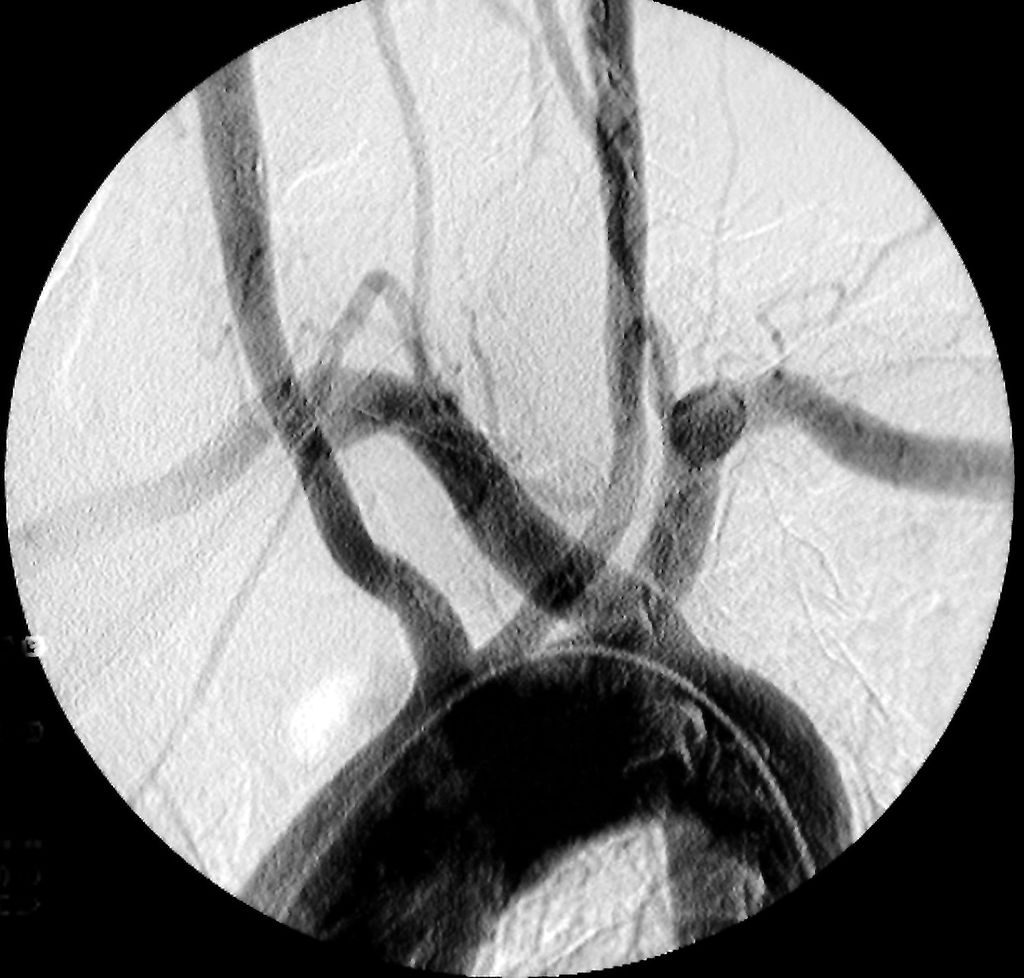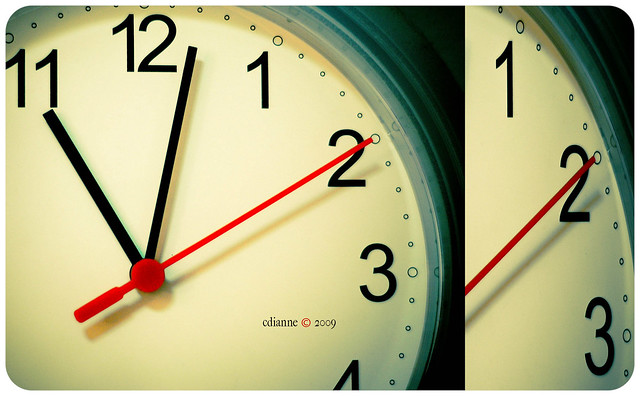
Saying that a paper has “fatal and disqualifying errors,” CrossFit is demanding the retraction of a recently published article that claimed those participating in CrossFit “are more likely to be injured and to seek medical treatment compared with participants in traditional weightlifting.”
The paper, “Likelihood of Injury and Medical Care Between CrossFit and Traditional Weightlifting Participants,” was published on May 7 in the Orthopaedic Journal of Sports Medicine.
In a May 17 letter to the journal’s editor and the paper’s corresponding author, CrossFit general counsel Marshall Brenner said the article
Continue reading CrossFit demands retraction of paper claiming their participants are more likely to be injured





